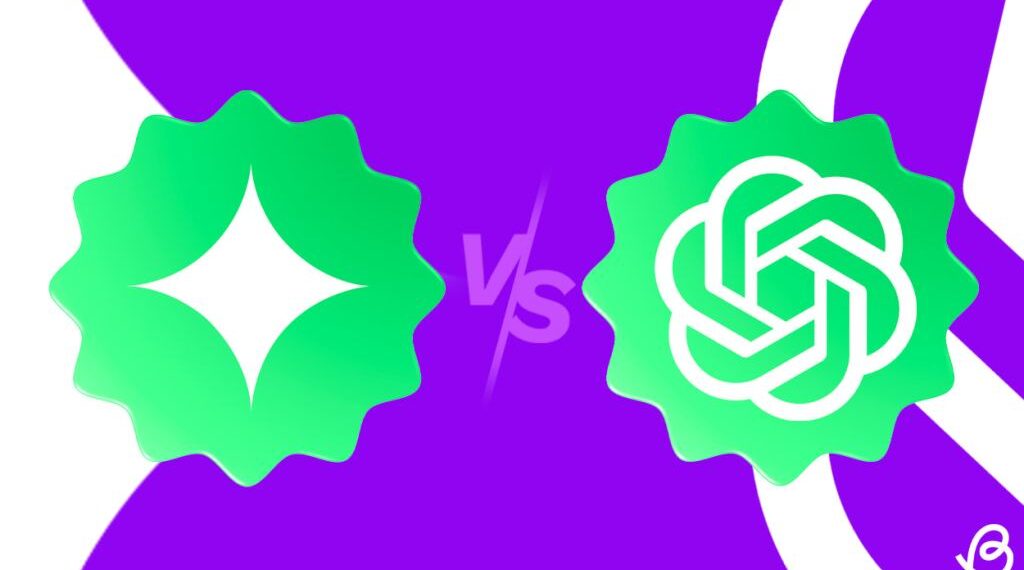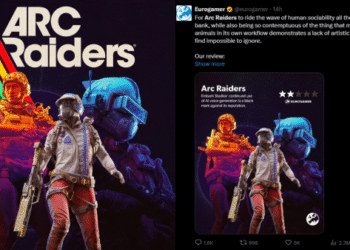Select Language:
OpenAI and Google are locked in a fierce competition to lead the AI sector, each striving to outdo the other with innovative products and models. Despite this, OpenAI’s ChatGPT has emerged as the frontrunner in driving consumer adoption of AI, benefitting from its first-mover advantage that allowed it to capture the market early.
Nonetheless, Google has made significant progress with its Gemini AI chatbot, previously known as Bard. Recent reports from The Information indicate that Gemini’s user base has exploded recently. During the ongoing antitrust trial involving Google and the US government, Sissie Hsiao, who recently stepped down from leading Gemini, disclosed that the chatbot now has 35 million daily active users and 350 million monthly active users.
For context, Gemini had a mere 9 million daily active users last October. In just six months, that number has skyrocketed to 35 million DAU, indicating a nearly fourfold increase.
In the meantime, ChatGPT has also experienced rapid growth, fueled recently by the trending Ghibli theme. The platform boasts around 160 million daily active users and 600 million monthly active users. ChatGPT has roughly 4.5 times more daily users than Gemini and about 1.7 times more monthly users.
While ChatGPT maintains its lead, Google is determined to position Gemini as a preferred alternative. So what’s behind Gemini’s recent uptick in user engagement? Several factors contribute to this trend, so let’s dive into the details.
Leadership Changes in Gemini AI at Google
In a recent development, Semafor reported that Google has revamped its leadership for Gemini, appointing Josh Woodward to replace Sissie Hsiao. Woodward played a significant role in launching NotebookLM, one of Google’s notable products. Since he took the helm of Gemini, the company has become more aggressive in rolling out advanced AI models and unlocking new features for users.
One example is the Gemini 2.5 Pro AI model, which has garnered positive reviews for its coding capabilities and overall performance. This robust AI model is now accessible to free users, along with the Deep Research AI agent, which is available to all Gemini users. In testing, Gemini’s Deep Research function outperformed ChatGPT’s equivalent.
Additionally, the cutting-edge video generation model, Veo 2, is now accessible to Gemini Advanced users, offering superior video quality compared to OpenAI’s Sora. Google has also introduced a variety of new features for Gemini, such as AI-generated podcasts, Gemini Live with camera and screen sharing, Canvas, Gems, personalization, file uploads, and more.
In summary, Google has significantly enhanced its model offerings and feature set, placing Gemini in a stronger position compared to OpenAI’s offerings. Although ongoing antitrust issues may hinder Google from enforcing Gemini as the default AI chatbot on devices, it’s clear that Gemini has made substantial improvements.





